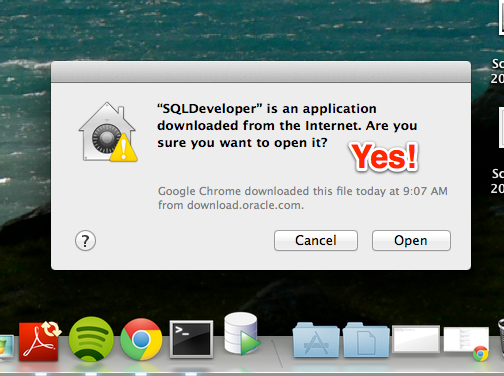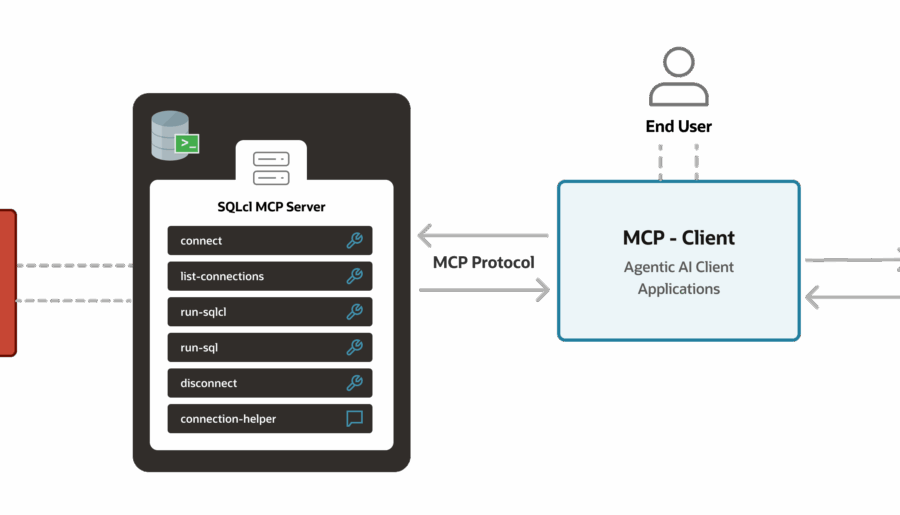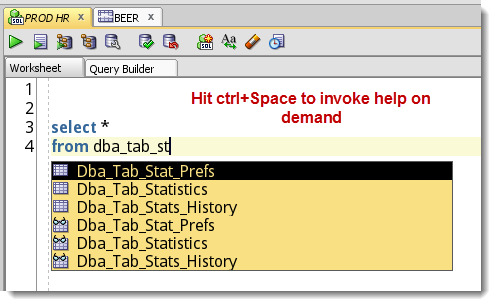Looking at data can get tedious. Your eyes start to hurt. Your mind starts to wander. You start humming the theme song to The A-Team. Wouldn’t it be nice if the data you started your day with could be jazzed up a bit? We’ve seen in an earlier post how you can use gauges and hyperlinks in your queries and grids. But maybe you didn’t realize that just plain jane HTML tags would also work.…







